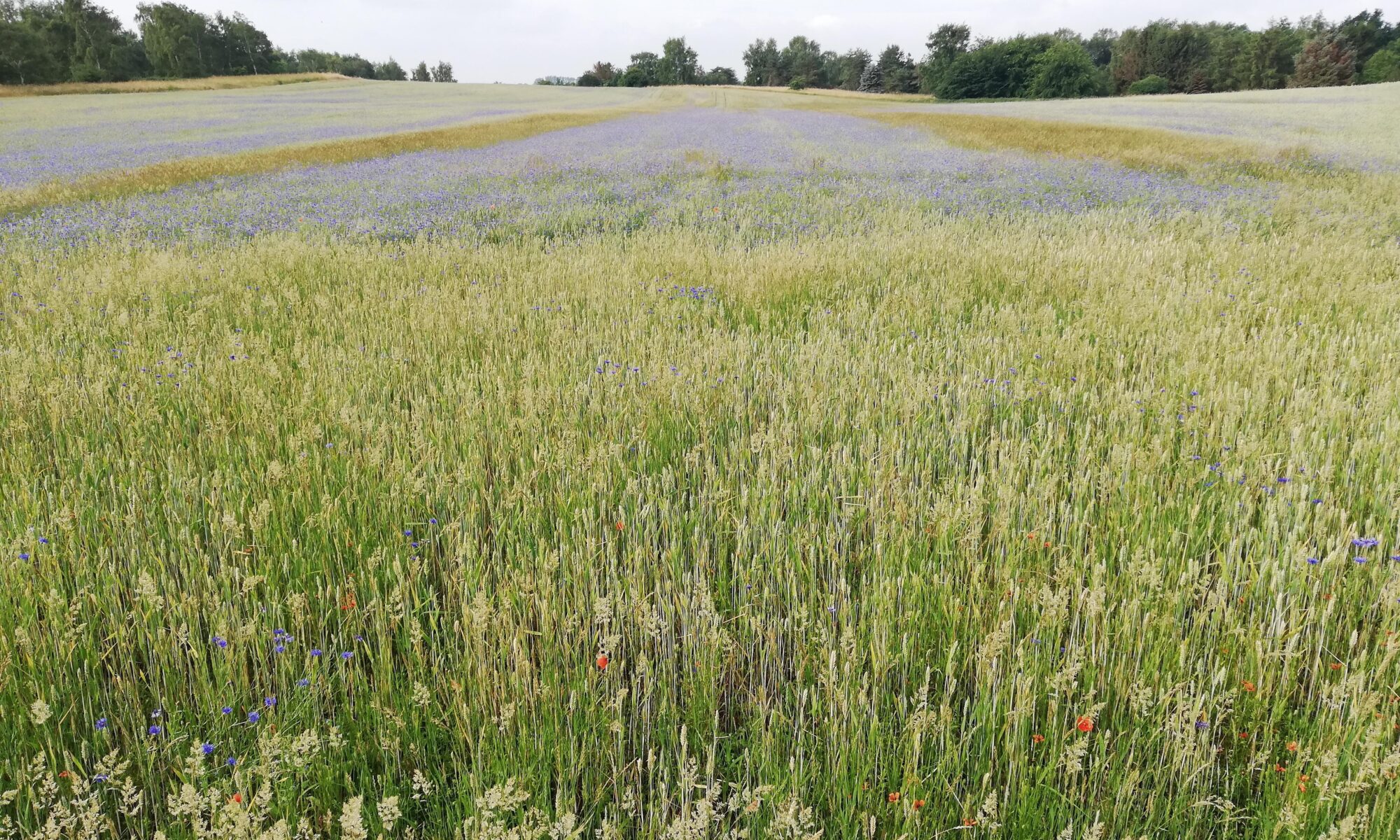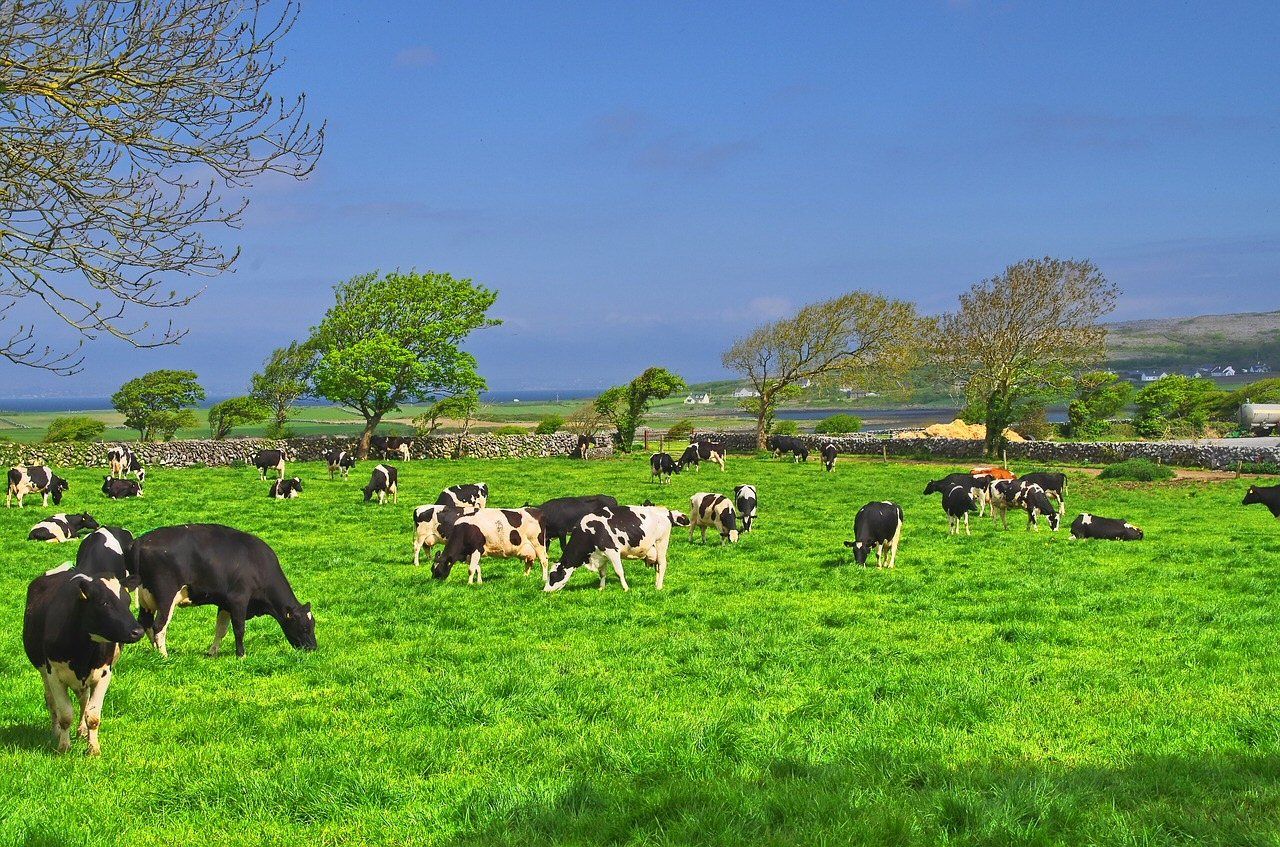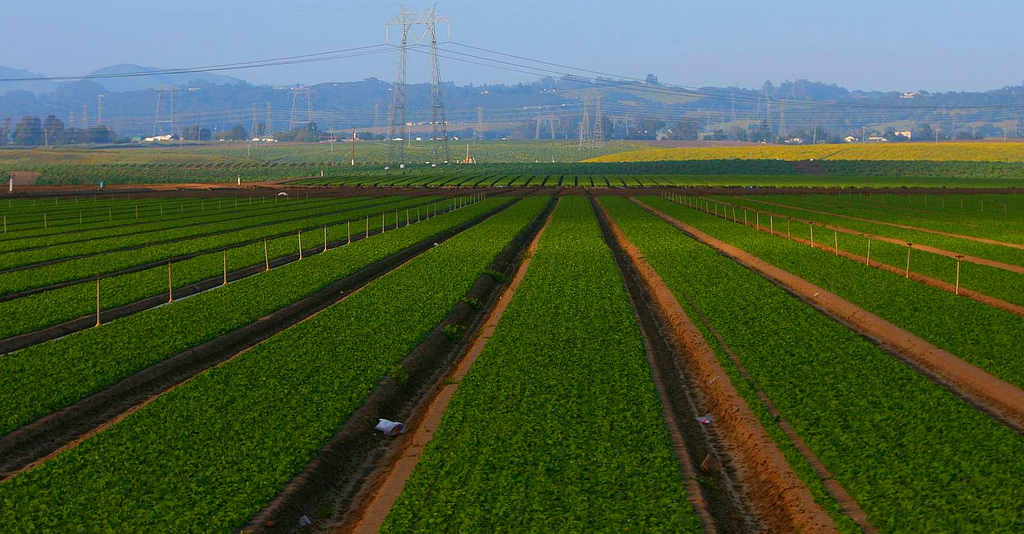The Council Presidency, European Parliament negotiators and the Commission have had several trilateral meetings during August and September to try to reach agreement on the seven-year Multi-annual Financial Framework (MFF) following the European Council conclusions in July. The aim is to reach agreement by the end of October, but according to the Parliament’s negotiators, these discussions are not going well. The Parliament is pointing to the safety net procedure in the Treaty which, in the event of no agreement, provides for a contingency plan which would allow sectoral programmes to start functioning on 1 January 2021 on the basis of the 2020 amounts.… Read the rest
German Presidency pursues lowest common denominator on future CAP green architecture
The German Presidency of the AGRIFISH Council posted a background note on 3 September 2020 on the green ambition of the future CAP prepared for a meeting of the Special Committee on Agriculture on 7 September. This follows a background paper on the green architecture of the CAP that it prepared in early July shortly after it assumed the Council Presidency. This was intended to steer discussion at the July AGRIFISH Council meeting and raised questions specifically around eco-schemes and setting a minimum share of non-productive land that might be required as part of conditionality.
These documents build on, and in some aspects amend, the work of the Croatian Presidency in the first half of the year.… Read the rest
When the CAP budget pendulum finally stopped swinging
In the early hours of Tuesday 21 July 2020, around 5.30 am, after four days and nights of negotiations, European Council leaders reached agreement on both the Next Generation EU recovery instrument and the Multi-annual Financial Framework (MFF) for the period 2021-2027. Reaching unanimous agreement among 27 leaders who entered the negotiations with widely different positions was an astounding political achievement. And although the inevitable compromises were accompanied by expressions of regret, it is extraordinary that every leader has expressed satisfaction with the final outcome.
There are many aspects of the European Council conclusions that warrant analysis: the agreement that the EU for the first time can issue debt to fund a stimulus package to address the catastrophic economic fall-out from the coronavirus pandemic; the future links between EU financial transfers to countries and the rule of law; the framework set out for additional own resources in the coming years; the continued relevance of budget rebates: and the extent to which the final outcome succeeded in ‘modernising’ the budget to reflect the EU’s new priorities.… Read the rest
The European Commission must not greenwash the Common Agricultural Policy
We are pleased to welcome this guest post by Célia Nyssens and Bérénice Dupeux, Policy Officers for Agriculture at the European Environmental Bureau.
Will the future Common Agricultural Policy (CAP) deliver on the agriculture-related objectives of the European Green Deal?
This question has been asked of the Commission countless times since the Green Deal was announced. On 20 May, alongside its Farm to Fork (F2F) and Biodiversity Strategies, the Commission sought to give a definitive, reassuring answer. But the answer only reaffirmed our concerns. In a Staff Working Document, the Commission emphasised the “potential” of the CAP to deliver on the EU Green Deal (EGD), but it also explicitly recognised several weaknesses, namely:
- The lack of ringfencing for eco-schemes and the omission of key animal welfare laws in conditionality
- The risk of key aspects of the proposal being watered down in the co-decision process, particularly conditionality rules and the performance framework
- The need to rely on Commission officers to “carefully assess” the national CAP Strategic Plans to avoid harmful subsidies, especially regarding coupled income support
- The need for member states to set national targets against the objectives of the Green Deal and the Farm to Fork Strategy, with no legal provisions to that effect in the CAP framework
Head in the sand
This Commission analysis is unconvincing.… Read the rest
Commission proposes increased agricultural spending in reinforced MFF
My previous post discussed the rationale for the Commission’s revised MFF proposal put forward on 27 May 2020 which includes a proposal for a European Recovery Instrument (ERI) to finance front-loaded expenditure in the next MFF plus a slightly revised ‘standard’ MFF (which the Commission refers to as a ‘reinforced’ MFF). In broad terms, the reinforced MFF allows for commitment appropriations amounting to €1,100 billion over the 2021-2027 period, while the ERI would help to finance a further €750 billion of spending in the 2021-2024 period, in constant 2018 prices. Together, they add up to a total proposed spending of €1,850 billion over the MFF period.… Read the rest
Commission proposes European Recovery Fund as part of revised 2021-2017 MFF
The stakes for the European Union have never been higher. In a year when the latest Commission economic forecasts project a 8% decline in GDP as a result of the measures taken to contain the spread of the coronavirus, the question is whether the European Union can provide a response that is macroeconomically significant and builds on the principles of solidarity inherent in the concept of a common citizenship. If it fails to deliver, we can say good-bye to the European Union and prepare to take our chances in an unforgiving geo-political world where the only other leaders are an increasingly authoritarian and self-centred China and an increasingly unpredictable and self-centred America.… Read the rest
Climate measures in Irish agriculture
Today, I made an online presentation to a virtual workshop jointly organised by MAREI, the Marine and Renewable Energy Ireland centre at University College Cork and the Economic and Social Research Institute, Dublin on climate and energy policy research. The talk discussed measures in agriculture to reduce Irish agriculture’s greenhouse gas footprint in the context of the country’s policy goals for climate stabilisation. Below is a transcript of the talk.
Agriculture is the single largest contributor to Ireland’s greenhouse gas emissions, accounting for 34% of total national emissions in 2018, but 46% of the emissions that are limited by the EU Effort Sharing Decision.… Read the rest
Financing emergency aid to address market disruption due to COVID-19
There has been strong pressure on Commissioner Wojciechowski to get the Commission to do more to protect farmers and agricultural markets from the adverse effects of the lock-down responses to the coronavirus pandemic.
The Commissioner has argued that there is no funding available for these measures in the EU budget. In this post, I assess the funding that may be available to the Commissioner. I conclude that available funding is limited but not exhausted. It now seems time to make use of the crisis reserve that was put in place for exactly this eventuality as well as unused margins under the European Agricultural Guarantee Fund (EAGF) in the EU budget.… Read the rest
U.S. farm support to explode in election year 2020
The U.S. has agreed on a $2 trillion stimulus package, the largest economic stimulus in its history, in response to the economic impacts of Covid-19. U.S. farm groups lobbied hard to be included in the package, and $23.5 billion was included in the final package for farm aid. This farm aid comes on top of the two trade aid packages of $12 billion and $16 billion introduced by the Trump Administration in 2018 and 2019, respectively, to provide relief to commodity producers hurt by the retaliatory tariffs introduced by various countries in response to tariffs on their exports to the U.S.… Read the rest
External convergence debate continues to simmer
One of the many issues that will need to be resolved when Heads of State and Government get around to once again considering the Multi-annual Financial Framework (MFF) 2021-2027 is what position to take on the external convergence of CAP direct payments.
The Commission has proposed a further narrowing of the differences in the average value of direct payments per hectare between Member States in the post-2020 CAP framework. For a number of countries from Central and Eastern Europe nothing less than full equality by the end of the MFF period will be acceptable. There is equally strong push-back from another group of Member States that argue there should be no further reductions in the CAP joint pillar allocations for the purpose of redistribution among Member States.… Read the rest









